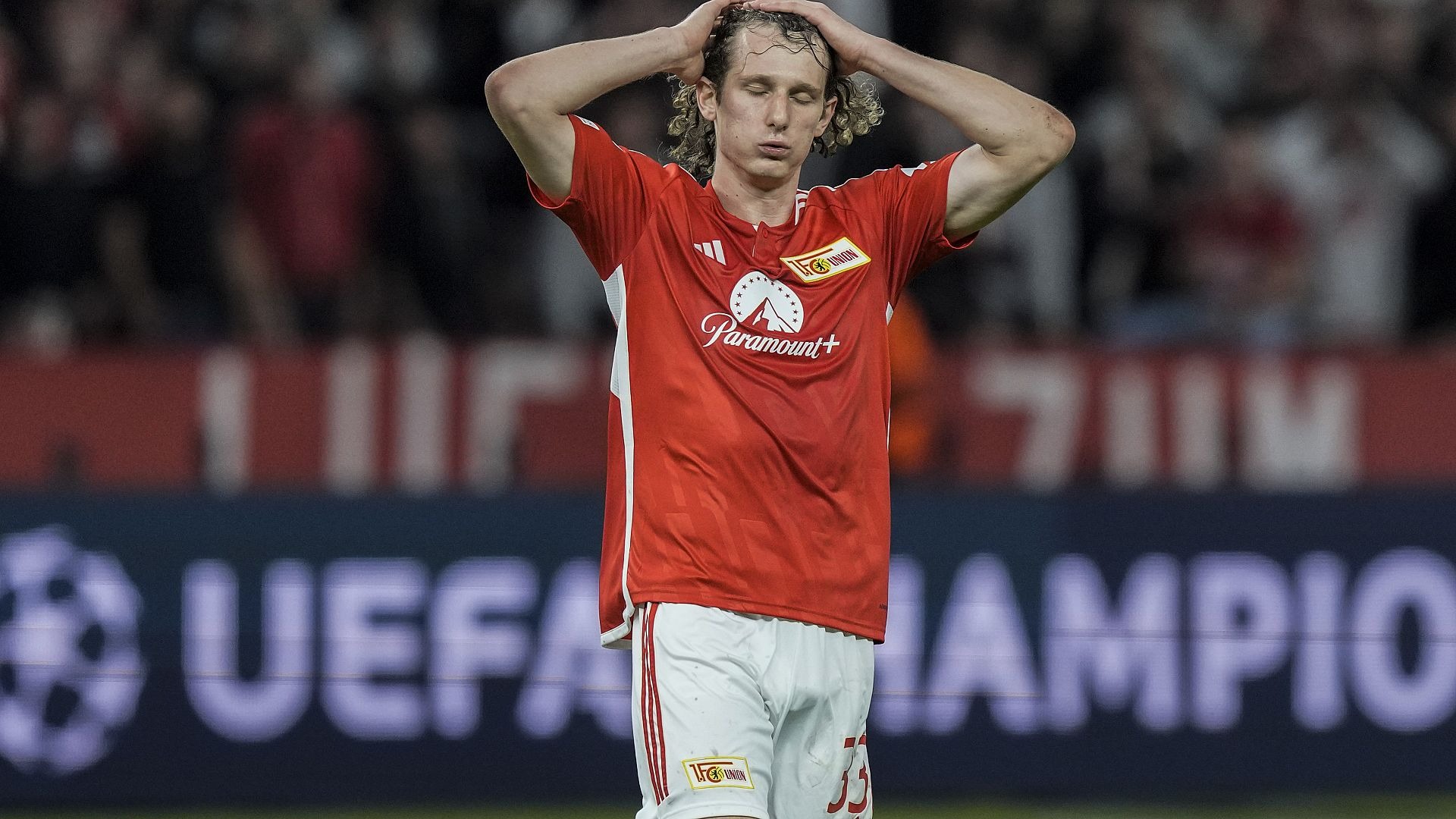Europe’s highest judges have dealt UEFA a heavy defeat. They may not ban a Super League from the outset. The associations’ monopoly has thus come to an end, with the court accusing UEFA and FIFA of “abusing” their dominant market position.
In contrast to the headlines about the ruling of the European Court of Justice (ECJ) against UEFA and FIFA, the Court itself emphasized that its ruling did not mean an endorsement of the Super League project.
“The Court has confirmed that this case was never about the Super League, but rather about UEFA’s powers and the extent of those powers,” said Miguel Poiares Maduro, Professor of Law at the European University Institute in Florence.
The court clearly ruled that UEFA’s practices constitute an abuse of a dominant position.
“It is a clear message from the Court that entities with regulatory or quasi-regulatory powers under EU competition law will be scrutinized – and very closely,” Pablo Ibáñez Colomo, Jean Monnet Chair in Competition and Regulation at the London School of Economics (LSE), told Forecasting.
According to Colomo, from now on this strict scrutiny will apply to a public authority, a sports organization or even a group of companies in a position comparable to that of a regulator.
“The Court’s message to sports federations was very clear: remember that you are businesses and subject to competition law,” said competition lawyer Viktoria Tsvetanova, an associate in Dentons’ competition team.
The ruling appears to restore the supremacy of competition rules and is at odds with the exemptions from antitrust law for European sports federations discussed in the ECJ Advocate General Athanasios Rantos’ opinion on the case in December 2022.
Rantos noted that Article 165 of the Treaty on the Functioning of the European Union (TFEU) provides a special “constitutional recognition” for sport, which refers to the Union’s obligation to “develop the European dimension of sport by ensuring fairness and openness in competitions and cooperation between the bodies responsible for sport”.
“Its interpretation was brutally and quite clearly rejected by the Court,” said Dr. Antoine Duval, senior researcher at the Asser Institute of International and European Law, adding that Article 165 was not mentioned once in the ruling.
What does the ruling mean in practice?
According to lawyer Tsvetanova, the ruling primarily means that sports federations will have to revise their rules, particularly in relation to the approval of events, sanctions for players and clubs, arbitration rules and their exclusive jurisdiction.
“There is a narrow reading that means that UEFA/FIFA must, in a sense, necessarily rethink some of its practices,” said Professor Colomo, who pointed out that other sports federations are built on a monopolistic or quasi-monopolistic pyramid structure that sets the rules for everyone in those sports.
However, the European Football Association played down the impact of the ruling and emphasized after the verdict was announced that it was not an endorsement or confirmation of the Super League.
According to UEFA, the ruling highlights the shortcomings in the association’s approval system, which have already been acknowledged and rectified in June 2022.
“UEFA is confident in the robustness of its new rules, in particular that they comply with all relevant European laws and regulations,” the association’s statement said.
“I am concerned by this initial reaction, which underestimates the extent of the reforms they need to implement to meet the Court’s requirements,” commented Maduro, himself a former FIFA official.
The Court clearly recognized the importance of sport and a model with a pyramid structure with an organization at the top entrusted with regulatory and licensing powers, Maduro continued: “What the Court is very negative about is the way Uefa is currently exercising its regulatory and licensing powers, as it leads to arbitrary discriminatory aspects. ”
An open door
The other important consequence of the ruling is that it opens the door for any other organization that could come up with alternative models, Maduro continued.
“If these alternative models prove to be better than UEFA, for example in the distribution of competition revenue, then UEFA cannot impose its system arbitrarily,” he said.
Immediately after the ruling, Bernd Reichmann, Managing Director of the sports development company A22, presented the main features of a revised European Super League project.
“There is one big piece of news today, and that is that soccer is free. Free from UEFA’s monopoly, free to pursue the best ideas without fear of sanctions,” he said. The main innovations of the new proposal for a European Super League are promotion and relegation and the possibility of broadcasting all matches free of charge.
However, several soccer clubs, including Paris Saint-Germain, Bayern Munich, Manchester United, Atletico Madrid and AS Roma, have today publicly distanced themselves from the project, stating that they would never join it.
Despite the skepticism towards the Super League, the ruling is a milestone in terms of the possibilities of setting up alternative competitions.
“I think the bargaining power has shifted to some extent,” said Colomo, who stressed that the ruling could lead to a ‘natural inclination of some players within the pyramid to challenge some of the rules’.
For Colomo, this will not be limited to soccer, but will be an invitation for many to challenge certain practices whenever they believe that an organization is in a position comparable to FIFA or that a regulator is infringing their rights in general.
